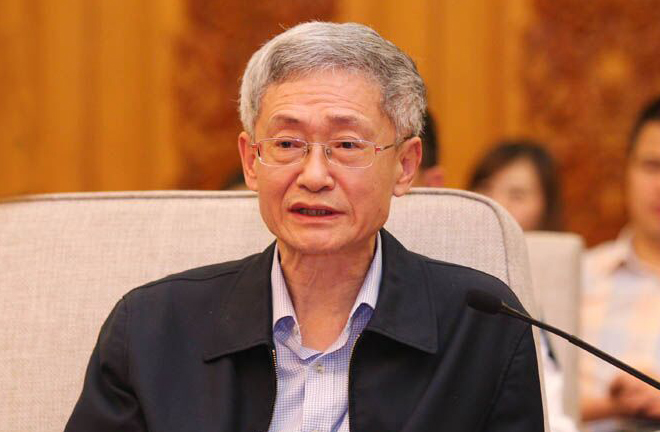FENG ZIYI: People-oriented policy guides economy under ‘new normal’
 China’s economic growth has entered what leaders are referring to as the “new normal.” This is a major strategic judgment based on analysis of national conditions and economic development at home and abroad. The theory of the “new normal” is of great economic and social significance. It can also be interpreted from the perspective of a people-oriented policy.
China’s economic growth has entered what leaders are referring to as the “new normal.” This is a major strategic judgment based on analysis of national conditions and economic development at home and abroad. The theory of the “new normal” is of great economic and social significance. It can also be interpreted from the perspective of a people-oriented policy.
China has made remarkable strides in economic development over the past three decades of reform and opening up, achieving what some have dubbed the “China miracle.” However, many problems have emerged in the process of high-speed economic growth. In the pursuit of GDP growth, the coordinated development of the economy and the public’s standard of living have been largely neglected. Aspects like human capital and innovation have been given short shrift, while exports and investment remain the cornerstones of the economy.
In addition, the nation faces serious environmental problems that have resulted from unsustainable modes of development. The lack of effective risk control is also a looming threat to society as the nation transitions to a market economy and adapts to globalization.
Though they take place in the economic field, the aforementioned problems will also directly endanger human survival and development. Basically, through restructuring of the economy under the new normal, China’s leaders hope to break through those bottlenecks and benefit ordinary people.
While the new normal has been elaborated on in economics, it can also be understood from the perspective of human development. Economic growth should effectively promote people’s standard of living and quality of life. Moreover, while it should nurture subjective initiative, economic growth should also respect objective laws. Fairness and justice is needed in economic growth to safeguard people’s legitimate rights and interests. It should be made clear that sustainable economic growth is crucial to people’s standard of living.
The impact of economic growth on the lives of ordinary people should be taken into consideration and emphasized equally relative to other aspects, such as growth rates, structural adjustment and transformation of economic engines. Meanwhile, pushing forward the new normal also demands much from people.
First of all, the new normal should be comprehensively understood. The key to doing this is to clarify the concept of economic development. Policymakers need to take into account factors like development goals, bearing capacity and problems pertaining to the public welfare. Only in this way can people at all levels adapt to and usher in the new normal.
Also, the quality of human resources should be improved. The new normal differs from the breakneck speed of past periods. It is characterized by a more sustainable moderate growth rate as well as higher efficiency and lower costs. The high standards for human resources needed to pursue this strategy will require greater scientific and cultural literacy among the public. Thus, educational reforms and investments are needed to cultivate high-quality talent. It is imperative to boost educational equality and quality under the new normal.
Furthermore, the role of human capital should be highlighted. Economic development in the context of the new normal will rely on innovation rather than resources and investment. Innovation is crucial to fostering new driving forces of economic growth. Human capital should be emphasized to achieve innovative development. Only by realizing the full potential of human capital can technological progress be made. Therefore, public entrepreneurship and innovation will contribute to forging the new engine of economic and social development. Meanwhile, they can also reflect the significance of people-oriented policy.
Feng Ziyi is a professor from the Department of Philosophy at Peking University.
